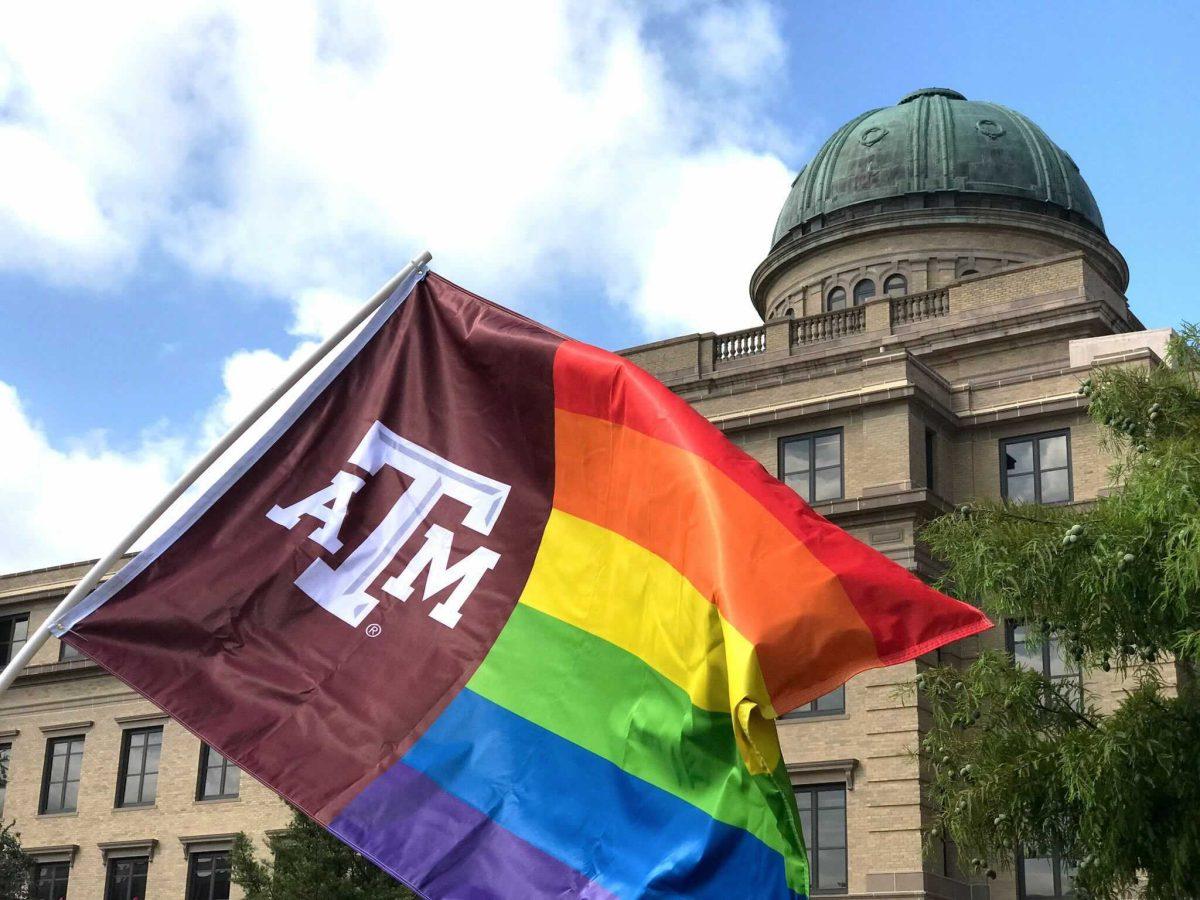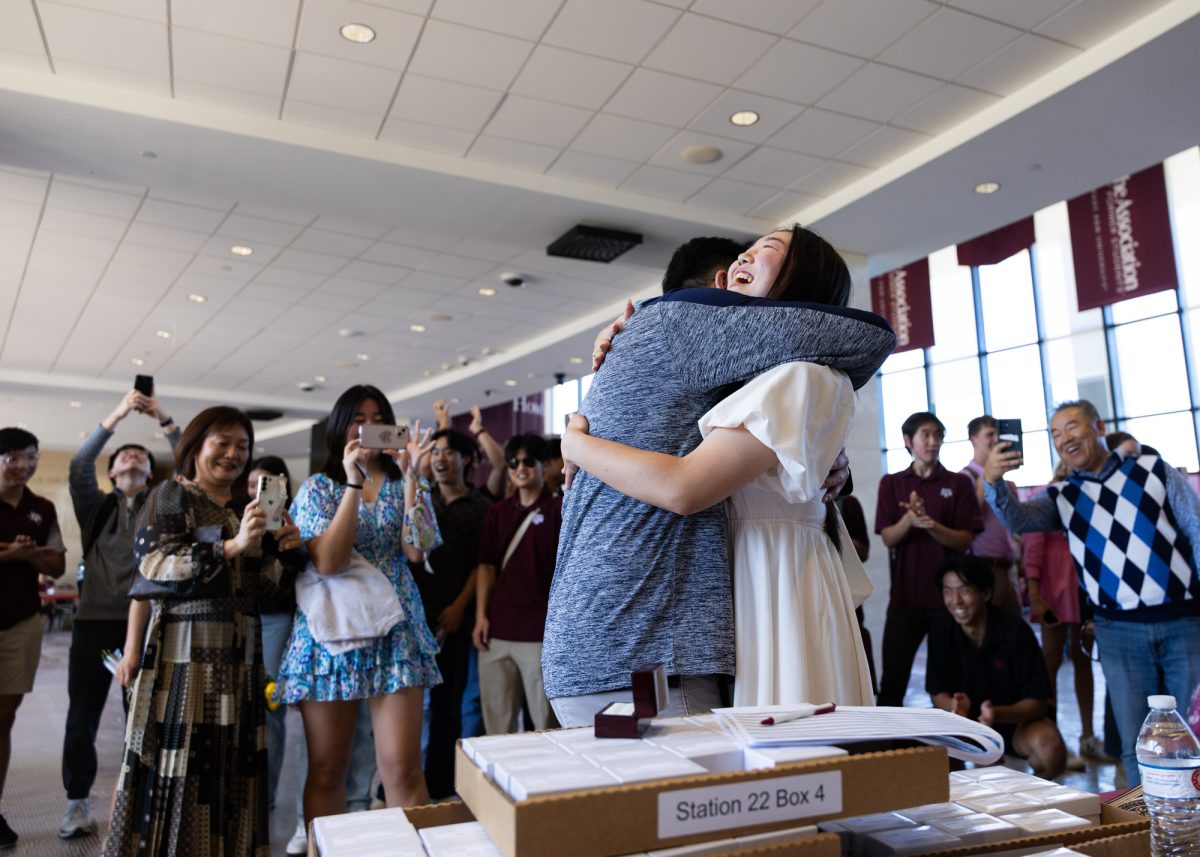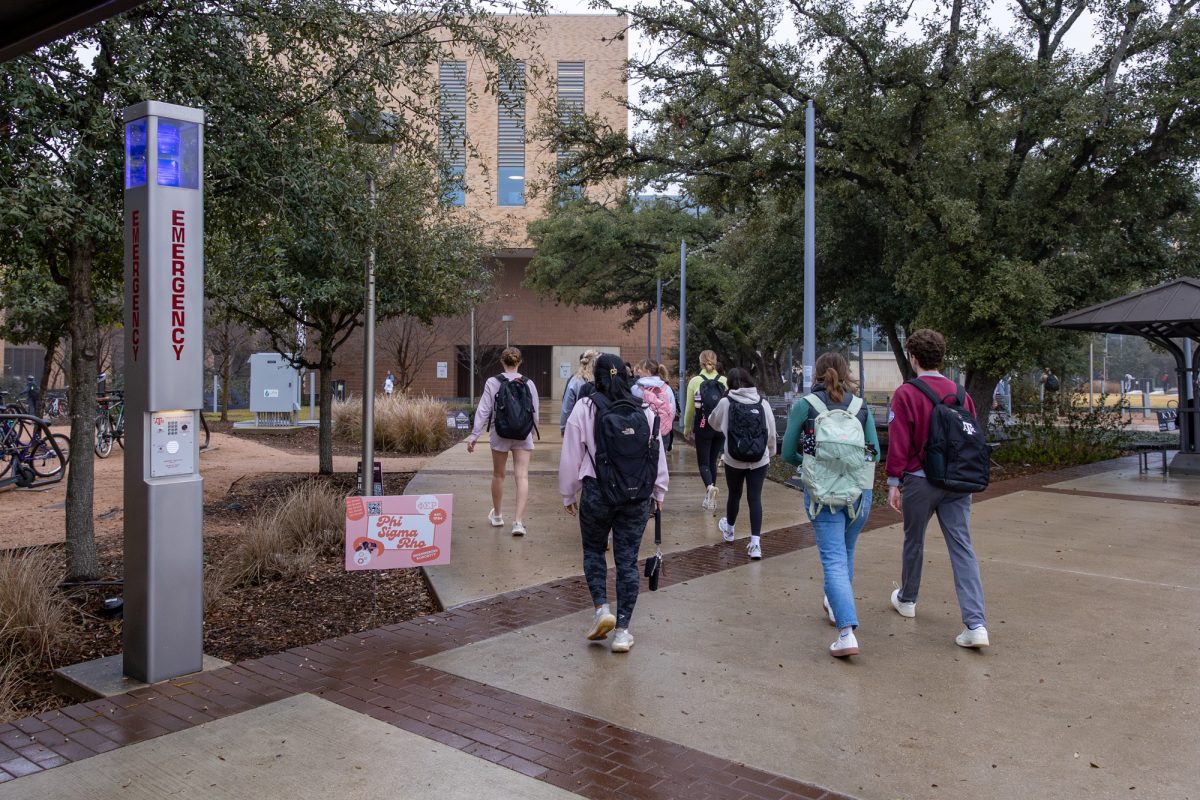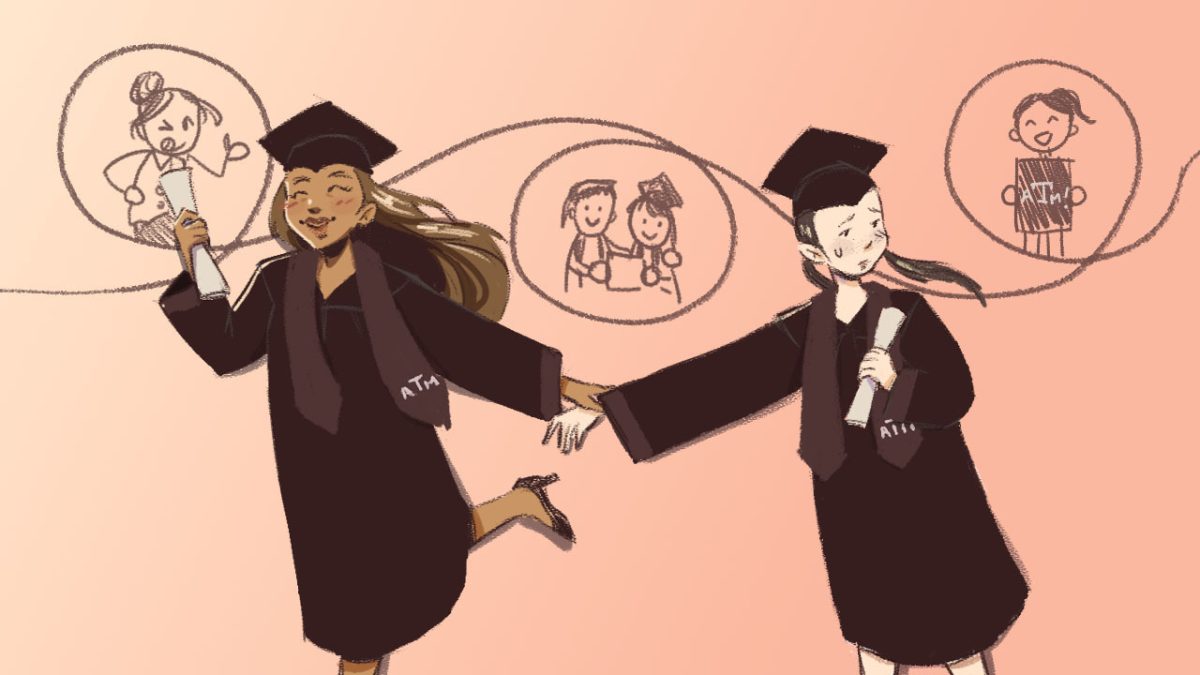As April begins, the Texas A&M LGBTQ+ Pride Center closes LGBTQ+ Awareness Week with the Coming Out Monologues, hosted at Rudder Theatre on Friday, April 1. This performance-style storytelling was done with the help of current students and alumni, reciting personal stories or stories submitted to be performed.
Mind you, this isn’t a simple presentation of who came out and when, it is an excruciatingly emotional catharsis that rocks you to your core. The stories and the performances themselves left me ruminating my identity as a queer person.
Might I add, this is no lighthearted act either. Some monologues had me in tears, while one forced me to step out to catch a breather. The monologues touch on different aspects of coming out, both the encouraging and the dreadful parts. They magnify upon the parts where queer people find the courage to move forward and the parts where they must confront headfirst the repercussions of being who they are.
Associate editor of World Shakespeare Bibliography Kris May, Ph.D., opened up in the introduction to the event, granting awareness of the silent queer youth who suffer under the vice grip of legislation, denying them the youth access to medical services, representation, medical support, discussion, history, culture, sanctuary and athletics.
“All of this is happening while these kids are just trying to live their lives. They want access to life-saving medical care, they want to be able to talk to a school counselor without worrying that the counselor will tell their unsupportive parents that they are queer,” May said. “They want to be able to check out books that affirm their identities and contain their histories, and they want to be able to compete as student-athletes in the sports that they love. Simply put, they want to live their best lives, to experience joy and to be lovingly supported. That’s it. These seem like such simple and reasonable requests.”
The performers included Bradford Garcia, who performed “War Paint,” detailing how in power there is vulnerability, and thus there lies vulnerability in power. Garcia shared the hesitation he initially had to paint his nails, even with such pride, for the 2016 community memorial of the two-year anniversary of the Orlando Pulse massacre.
“If 49 members of my community, those 49 who died that night, could be brave enough to live authentically as themselves, then surely, I could be brave enough to challenge just one little gender norm,” Garcia said. “Why should I feel that if I teach my class with painted nails, I’ll just lose the respect of my students? That’s not how it should be. For me, this encapsulates my journey and my progress.”
Drew Hartweg spoke on the power of their shoes in their monologue “Footsteps,” stating how its importance doesn’t come from what it is, but the foundation of pride it lays. Hartweg said such articles of clothing make statements and answer questions.
“These sandals go on first dates to make sure we’re on the same page. These sandals are for when my parents ask me too many questions about who I’m attracted to. To other people, I wear big spiky boots, and I say, ‘I’m queer,’ because I don’t want them to know the ins and outs of my sexuality and my gender,” Hartweg said. “Most often, though, I wear comfortable and practical tennis shoes to tell people I’m bi[sexual],and taking a page off of Marsha P. Johnson’s book when asked about my gender, I can jokingly say, ‘Pay it no mind.’”
Anita Deshpande performed her poem “Notes in Autumn” in ode to her queer friend, with her voice as an ally giving awareness that allyship is one of the main supports of queer acceptance.
“I always try and learn more about being a better ally, and here I am reading this poem at the Coming Out Monologues, and from the bottom of my heart, I hope you know that I love you to pieces, that I trust you with my life, that I miss you so much and wish we could talk more,” Deshpande said. “To conclude this, I just want to say that at the end of the day, I am a straight, cis[gender] woman and I want to acknowledge my privilege and at least give y’all one message of support and love because I don’t often have the opportunity to speak like this. Y’all don’t deserve to be hidden, you deserve to be noticed.”
Sheridan Phillips’ performance of “The Scratches on the Closet Door” simulated the anxiety before coming out and the grief of knowing that you can’t, even to those closest to you.
“I am scared that if I do come out to [my father], the best-case scenario is estranged. I haven’t come out to my parents yet because I am afraid that they cannot see that the perfect daughter that they raised is now, disappointingly, me,” Phillips said. “My parents won’t use my pronouns, and my dad won’t walk me down the aisle and they won’t pay for the wedding that I’ve dreamed of since I was a lonely child. Even if they choose love, they will never be proud of me because my parents can’t separate character from sexuality.”
These are but a handful of confessionals given at the monologues, and I encourage you to visit the archived monologues of this and previous events at the holdings in Sterling C. Evans Library as well as at the Cushing Memorial Library.
The LGBTQ+ Pride Center gave courageous students a chance to find their voices and give form to feelings they still have difficulty facing. What is most powerful about the monologues is they don’t try to package their messages in a way that is easier to understand from a heteronormative view. It is objective and to the point. It never strays to the standpoint of, “What if it was you?” It challenges you to think with its narrative of, “This is who I am.”
Ruben Hernandez is a journalism junior and art critic for The Battalion.










